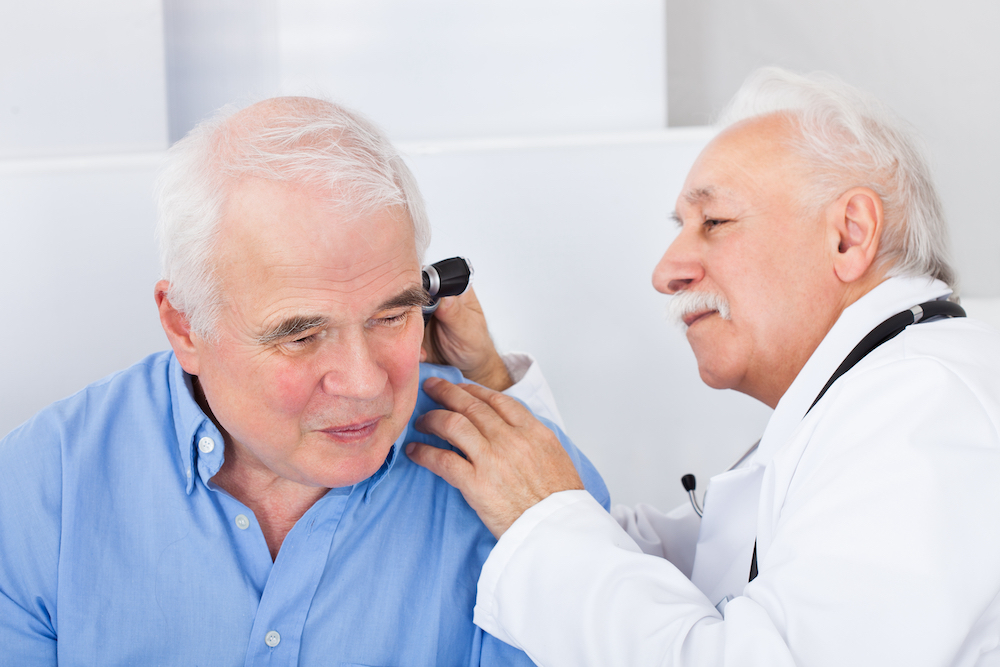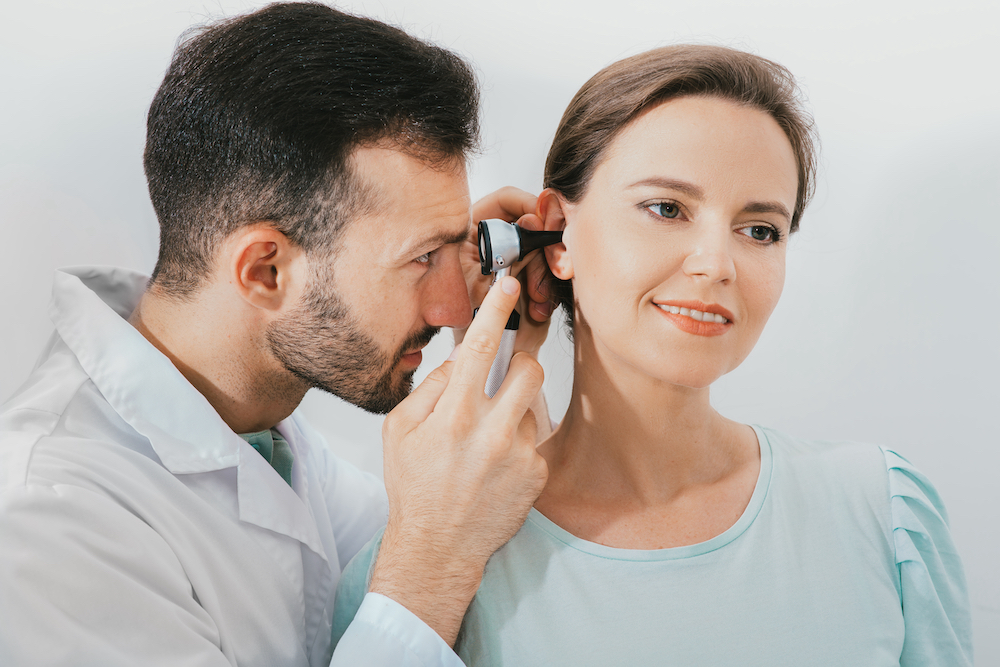A Guide to Gradual Hearing Loss
Most people will experience at least some extent of gradual hearing loss


Most people will experience at least some extent of gradual hearing loss

Noise-induced hearing loss is a common occupational hazard. It can be

A lot of people put off getting a hearing test. They might think that they